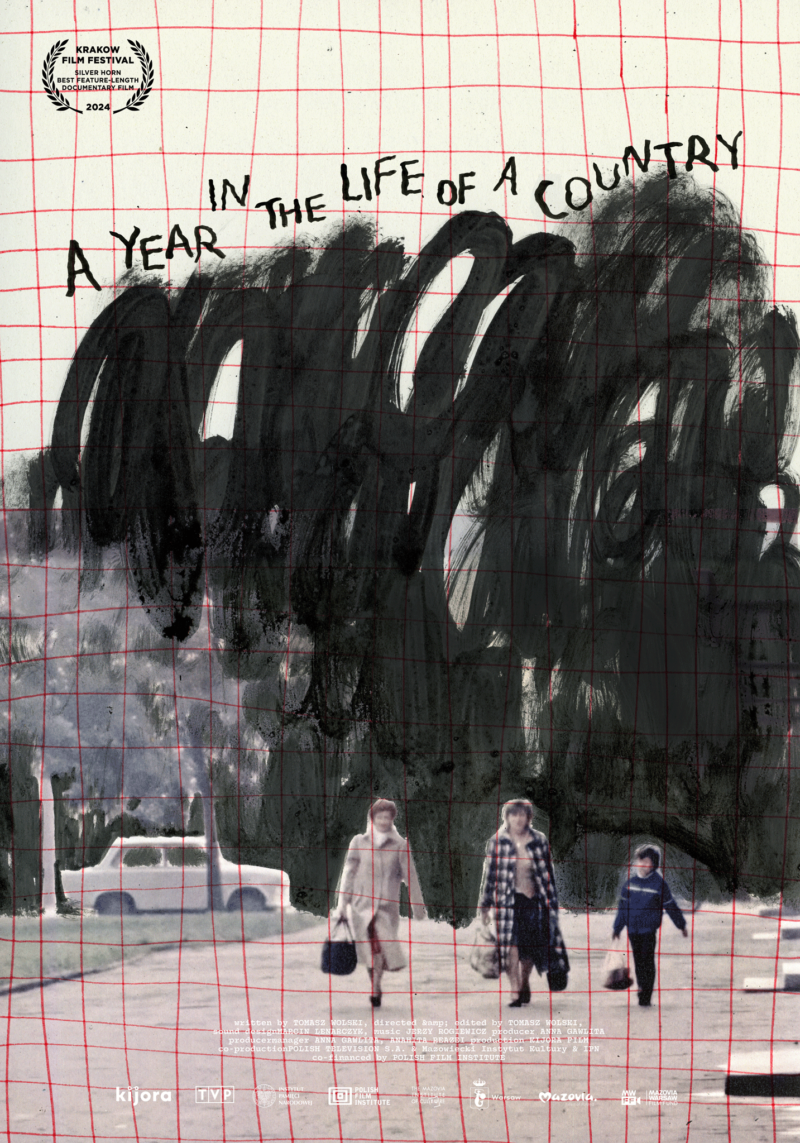


Tomasz Wolski: A Year in the Life of a Country

Tomasz Wolski was a child when Jaruzelski introduced Martial Law in December 1981. I am from 1947 so I followed from a neighboring country what happened. From a distance. With Jaruzelski as the bad guy and Lech Walesa the good one, who stood behind

and was arrested several times, also during the martial law, of course. But that it can be interpreted and shown as Wolski does in his new film, I had no idea before watching another great archive-based documentary by a director, whose – a couple of them (“1970” and “An Ordinary Country”) – films have been mentioned/reviewed on this site; and praised for their strong narration and focus on the consequences of politics on the life of ordinary citizens. There are several sequences, where Poles express their point of views that it was a good decision to install the martial law in a situation, where the country was close to have a civil war – and you see – Wolski is a master in finding footage that are absurd and funny without pointing fingers at those involved… for instance a sequence where people stand in queues to buy chicks to secure – at a later stage – good deliveries of eggs. A scoop also it is that he has the television speech footage of the General in uniform, who is interrupted to make another take, far from the edited version that came to Danish television as I remember it. BUT BUT – and here Wolski shows his editing skills and extraordinary use of Jazzy music, fantastic choice – the last part of the film demonstrates the escalation of violence from the side of the military and the police with tanks and water cannons and gas sprayed into the eyes of the demonstrators, many being beaten up. Total brutality as we have seen it before and after, now in the streets of Tbilisi in Georgia. Let me give the floor to the director:
“Martial law is one of the most traumatic events in Polish history. To this day, it divides Poles over whether the Soviet Union would have intervened to quell the rising revolutionary sentiments. It managed to halt transformations, silence Solidarity for a few years, and allowed the communists to retain power. In A Year in the Life of the Country, I examine the 12 months of martial law, a period that, from today’s perspective, can seem both amusing and terrifying. I observed how people tried to function during that time and how we were already divided.”
Great film!
Poland, 2024, 85 mins. Awarded in Krakow, playing in Jihlava and Leipzig right now.